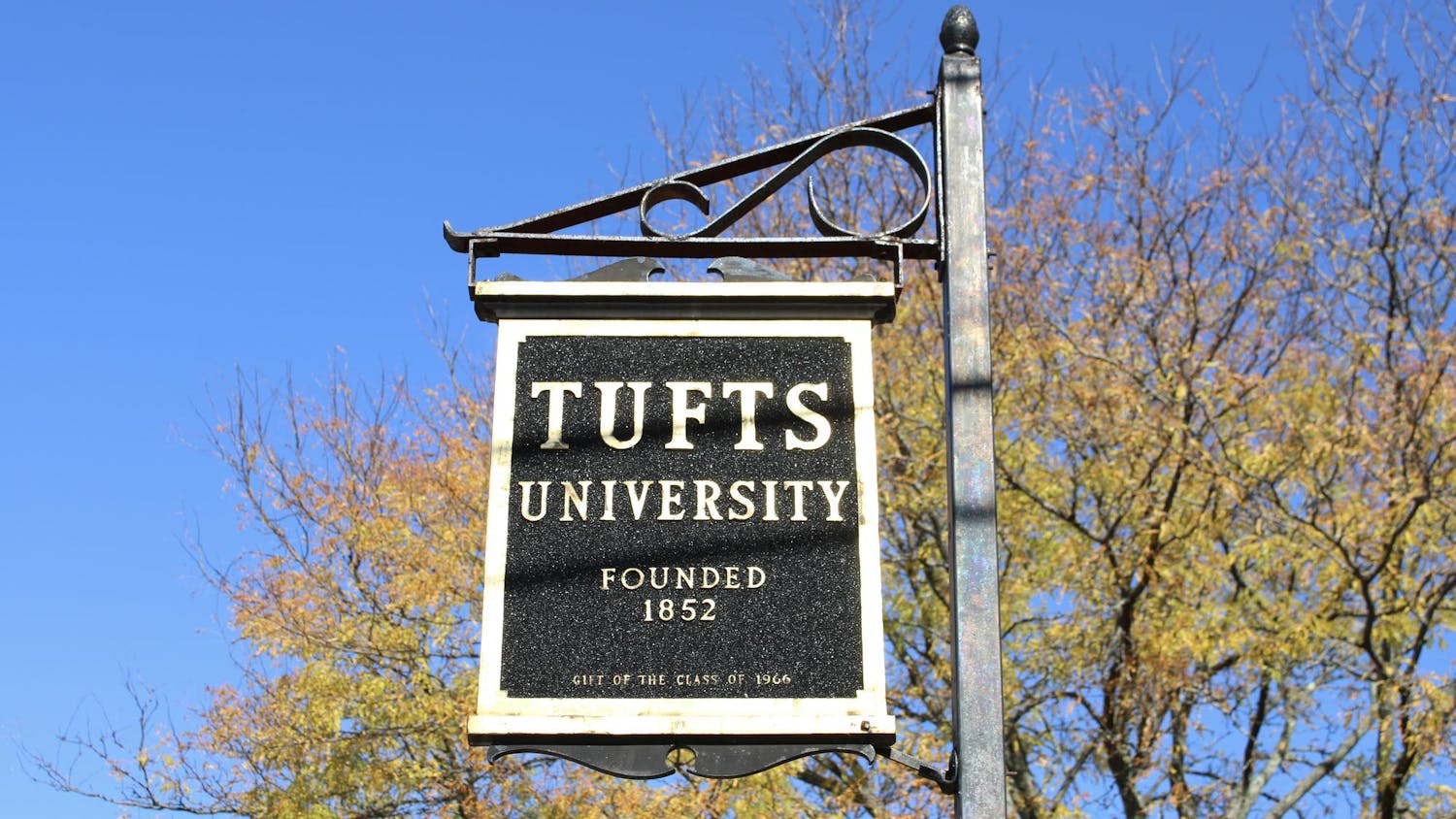Every winter season, the world experiences a months-long intensification of influenza outbreaks, commonly known as the flu season, that usually starts when the weather gets cold and lasts until the start of spring. The Southern Hemisphere typically experiences winter from June through September which allows countries like Argentina and Australia to serve as guides for what the Northern Hemisphere flu season will look like. Australia’s alarmingly severe 2022 flu season has caused concern for American epidemiologists heading into the start of flu season.
In New England, we are now a little over a month into this year’s flu season, which typically lasts from October through May and peaks in late December. Up to this point, the 2022 season has been looking worse than it has in the last 13 years. This abnormally intense flu season is coming on the heels of two unusually mild years. The percentage of respiratory specimens, such as nasal swabs, that tested positive for influenza between Sept. 28, 2020 and May 22, 2021 was 0.2% while the three flu seasons before the COVID-19 pandemic saw influenza positivity rates peak around 30%.
The decline in flu cases during 2020 and 2021 can most likely be explained by the mitigation measures implemented during the COVID-19 pandemic like face coverings, shelter-in-place orders, physical distancing and well-ventilated spaces.
In order to address the impending problem of winter sicknesses, we must look to the recent past and re-implement measures that helped keep us safe from COVID-19.
The aversion to return to a masked reality is completely understandable. Seeing only the top half of your friends’, classmates’ and professors’ faces can lead to a feeling of broken community. Holding classes on Zoom rather than in person makes for a less unified learning environment when there is not a physical shared space. Putting events that highlight socializing on hold inhibits unstructured fun on campus. Although all of these measures were necessary throughout 2020 and early 2021 before widespread vaccine rollout, we can afford to take a more relaxed approach to risk mitigation this winter. Unlike the novel coronavirus, in the early stages of the pandemic, the flu has a secret weapon to prevent infections: vaccines. Flu vaccines have been around for more than 50 years and are an essential part of preventing the spread. After getting your annual flu shot, there is still a risk of getting sick before your body has time to build immunity; in these cases, it is up to other mitigation efforts.
Even if there aren’t government or university regulations in place to reduce the spread of influenza, we as individuals can implement moderate safety measures to decrease our community’s risk and protect the most vulnerable. This approach might include wearing a mask when in crowded indoor spaces, like large lectures, but not in less densely-packed classes like small seminars. Try not to touch your eyes, nose or mouth without washing your hands first. When handwashing is difficult, such as in-between classes, opt to carry a small bottle of hand sanitizer on you or use some hand sanitizer from the dispensers set up around campus; this will reduce the amount of germs on high-contact surfaces and touch points such as door handles and desks.
As a leader at Tufts, there are even more ways you can help reduce infection rates on campus. When organizing club meetings, social events or any other group gathering, opt to move outdoors, if weather permits. If it is imperative that your gathering includes a large number of people, consider holding it virtually or strongly encourage the use of face coverings.
Even if you’re not ready to bring back face shields and 6-foot bubbles to prevent the spread of influenza, there are steps each of us can take to make this flu season less deadly and keep the most vulnerable among us safe. Don’t throw out all the public health skills you learned during the COVID-19 pandemic just because J.P. Licks stopped requiring the use of face coverings.






